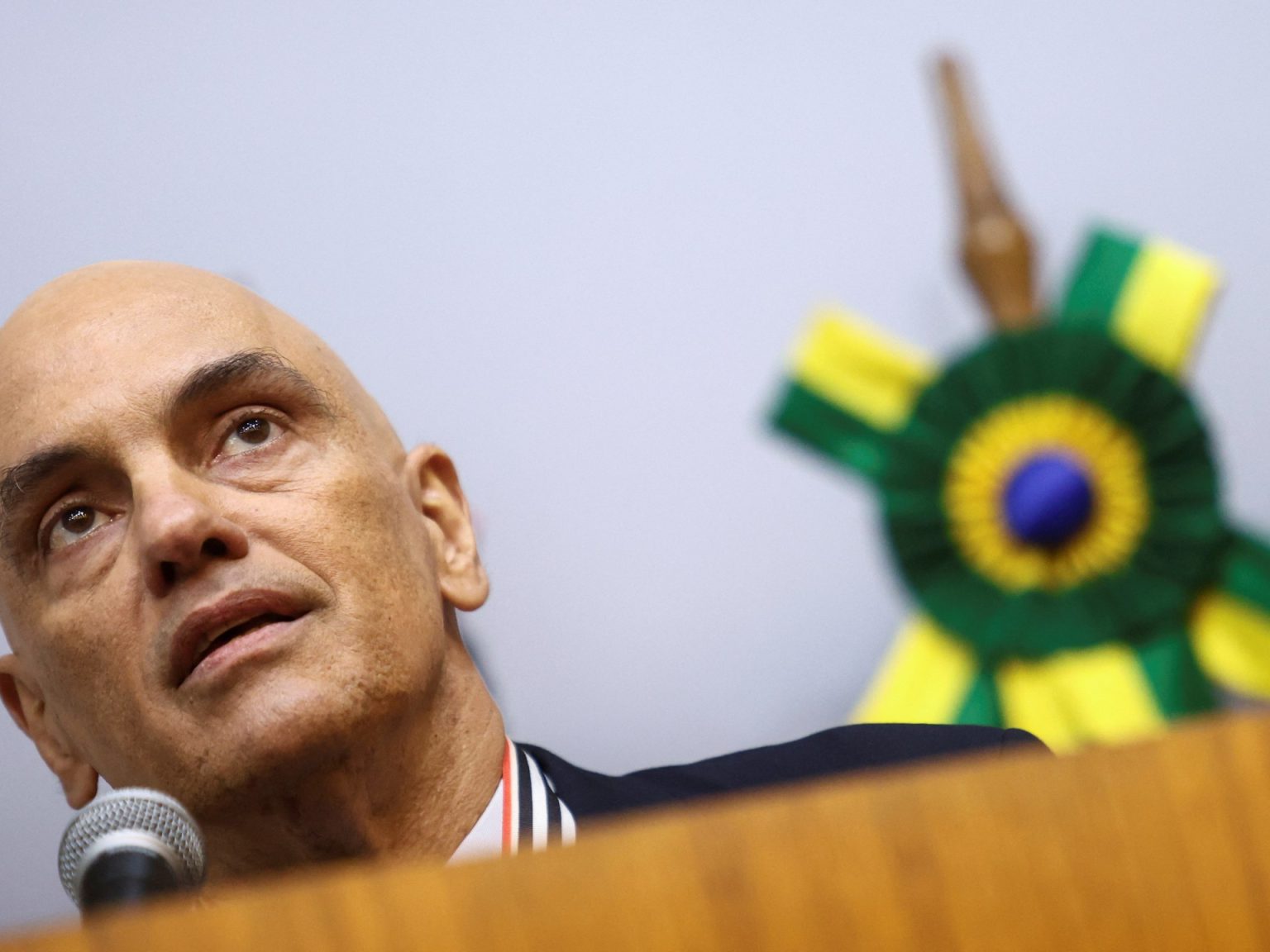Brazilian telecommunications regulators have initiated the process of blocking X, the social media platform owned by Elon Musk, after the Supreme Court ordered its suspension. This decision follows a prolonged conflict between a judge and Musk over issues of censorship and disinformation. Supreme Court Justice Alexandre de Moraes directed the immediate suspension of X’s operations in the country until all court orders are adhered to, fines are paid, and a new legal representative is appointed. Three major telecommunications carriers in Brazil announced they would block access to X starting from midnight on Saturday.
The dispute between de Moraes and Musk centers on the latter’s refusal to comply with court orders to block accounts spreading fake news, hate speech, and attacks on the rule of law on X earlier this year. Musk defended his position as protecting free speech and accused the judge of censorship. He closed X’s offices in Brazil but still allowed the platform to be accessible in the country. De Moraes, in his order, criticized Musk as an “outlaw” facilitating the spread of disinformation and hate speech, impacting the democratic process. Consequently, about 40 million X users in Brazil will lose access to the platform, facing significant fines if caught using other encrypted connections.
Musk responded to the court’s order by calling de Moraes an “evil dictator” for shutting down the “number one source of truth in Brazil.” The ruling poses a threat to X, potentially losing one of its major markets, particularly concerning advertising revenue. Left-leaning President Luiz Inacio Lula da Silva supported the court’s decision, emphasizing that wealth does not exempt individuals from respecting Brazilian laws. Lula criticized Musk for his actions and remarked that Musk, as an American citizen, should not disrespect Brazilian institutions. Musk has gained both support and criticism, with his actions often aligning with right-wing governments.
Media experts note Musk’s polarizing stance worldwide, including in India where he complied with the government’s order to remove content related to farmers’ protests. In Brazil, Musk’s satellite internet company Starlink also faced challenges from the Supreme Court, freezing its bank accounts due to X’s unpaid fines. Starlink contested the decision, asserting compliance with all judicial orders, but the request was dismissed. The duration of X’s suspension in Brazil remains uncertain, with some predicting Musk will eventually accept government restrictions while positioning himself as a victim of censorship.
The situation in Brazil underscores the global debate surrounding free speech, censorship, and the responsibilities of tech giants like Musk’s companies. Musk’s clash with Brazilian authorities reflects broader tensions between social media platforms, governments, and users. The outcome of this conflict could set precedent for future interactions between tech companies and judicial systems worldwide. The impact on X’s users in Brazil, as well as on Musk’s business interests, highlights the complexities of balancing freedom of expression with legal obligations and societal norms. As the situation unfolds, it will be crucial to monitor how Musk, X, and other stakeholders navigate this challenging landscape.


